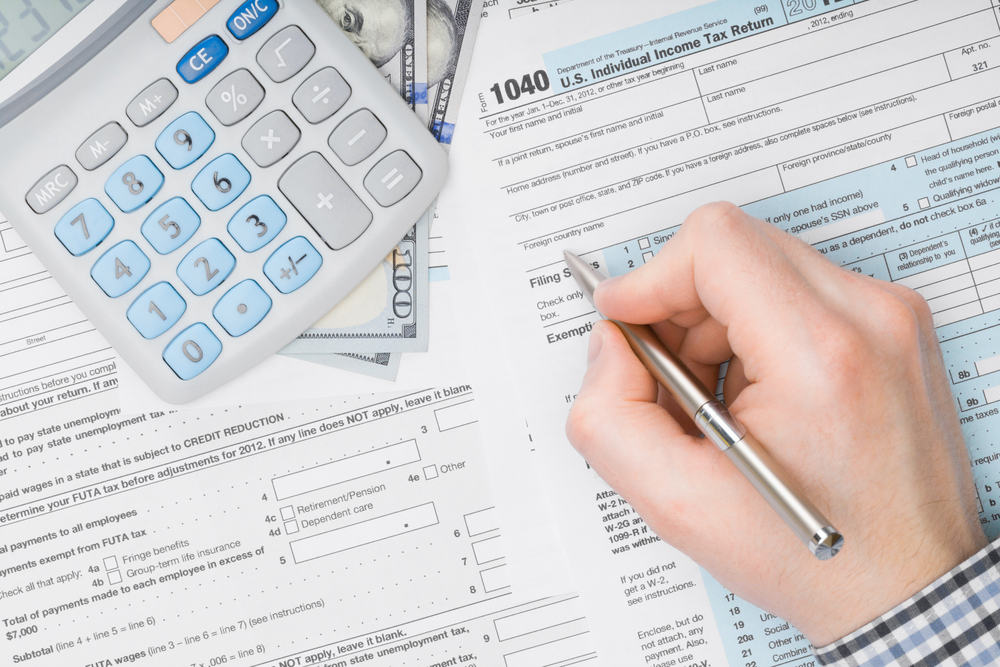Tax Accountant in Rochdale, NY.
Navigate tax preparation in Rochdale, NY with ease. Trust Garcia & Associates, CPA PLLC for expert guidance, ensuring a smooth, well-prepared meeting with your tax accountant.


Preparing for a tax meeting in Rochdale, NY, starts with knowing your finances. First, take a look at your income. This includes your job, any side businesses, and investments. Note any changes like a new job or different investments. It’s important for Garcia & Associates, CPA PLLC to know all this to give you the best advice.
Next, think about what you spend. List your big expenses like your house payments, school fees, or medical bills. This helps find tax breaks and tells Garcia & Associates, CPA PLLC a lot about your financial health. They need this info to plan your taxes properly.
Lastly, consider your future financial goals. Are you saving for retirement or planning a big purchase? Share these goals with Garcia & Associates, CPA PLLC. This helps them align your taxes with your future plans. It’s a smart move for your long-term finances in Queens County. Contact 718-533-0300 Today for Expert Tax Assistance.

For a smooth tax meeting with Garcia & Associates, CPA PLLC, have all your documents ready. Start with income papers like your W-2s and 1099s. These are key to getting your taxes right.
Then, collect papers for possible tax breaks. This includes receipts for charity, medical costs, and education. If you own a home in Queens County, bring your property tax and mortgage interest statements. Having these in order helps Garcia & Associates, CPA PLLC find every tax saving chance for you.
Don’t forget other financial info. This includes investment records, retirement savings, and any foreign income. If you live in Rochdale, you might need specific NY forms too. The more information you provide, the better Garcia & Associates, CPA PLLC can plan your taxes.

Spotting tax deductions is key in Rochdale, NY. Start with common ones like mortgage interest and charity donations. These are easy ways to lower your taxes. But there are more savings to find.
If you work from home, you might get deductions for some house costs and utilities. Also, work-related expenses like travel or courses can count. Garcia & Associates, CPA PLLC can help figure out what’s right for you, especially with Queens County rules.
Also, check for NY-specific tax benefits. These might include local investments or energy-saving upgrades. Talk to Garcia & Associates, CPA PLLC about these. Keeping good records all year helps you not miss any deductions.
Rochdale Village was named after the English town of Rochdale, Greater Manchester, where the Rochdale Pioneers developed the Rochdale Principles of cooperation. The architect’s concept of Rochdale Village was an attractive community covering 122 blocks that would provide the residents with a park-like setting and facilities of suburbia, within the limits of the Urban Jamaica Area. Rochdale Village was designed to be a “city within a city” when it was planned beginning in 1939, in order to boost tourism to the surrounding area also including Springfield Gardens, Rosedale, and Laurelton.
The property is the former site of Jamaica Race Course, which was the area’s only tourist site and was operated by the Metropolitan Jockey Club and its successor, the Greater New York Association (now the New York Racing Association.) When the NYRA decided to renovate Greater Jamaica’s other track, Aqueduct Racetrack (in South Ozone Park), it also decided to close Jamaica Race Course when the Aqueduct Racetrack’s improvements were finished. Jamaica Race Course was shut down in 1959 and demolished. Rochdale Village was developed under the Mitchell-Lama Housing Program to provide affordable housing for low- and middle-income families. The architect, Herman Jessor, was inspired by the Le Corbusier model. Construction soon proceeded at a rapid pace on the new community in Queens. When Rochdale Village opened, it was the largest private cooperative housing complex in the world until Co-op City in the Bronx was completed in 1971.
Rochdale Village was originally between 10 and 20 percent African American and 80 to 90 percent white. This caused controversy before the start of construction, as black people could not participate in Rochdale Village’s construction. The Rochdale Village complex was supposed to be the model for mixed-race housing in the U.S., but then became symbolic of the Civil Rights Movement, which was ongoing during the complex’s construction; for instance, twenty-three protesters were detained for disrupting the construction in 1961, including William Booth, the future head of mayor John V. Lindsay’s Human Rights Commission. About 10% of the units were given to blacks upon the complex’s 1963 completion. As the years passed, more and more African Americans moved to Rochdale. It was between the late 1960s and mid-1970s that most white people moved from the community, owing to the white flight brought on by white perceptions of black people as dangerous, fears of lowered property value, and racist real estate practices such a block-busting. Soon, the complex became poorer and unable to provide for some basic utilities throughout the early 1980s, with many apartments remaining empty.
Learn more about Rochdale.Here are some accountant-related links:

Garcia Group is a top-tier provider of CPA (Certified Public Accountant) services renowned for its commitment to excellence and precision.
Copyright © 2023 Garcia Group PLLC – All Rights Are Reserved – Web Design & SEO by Hozio